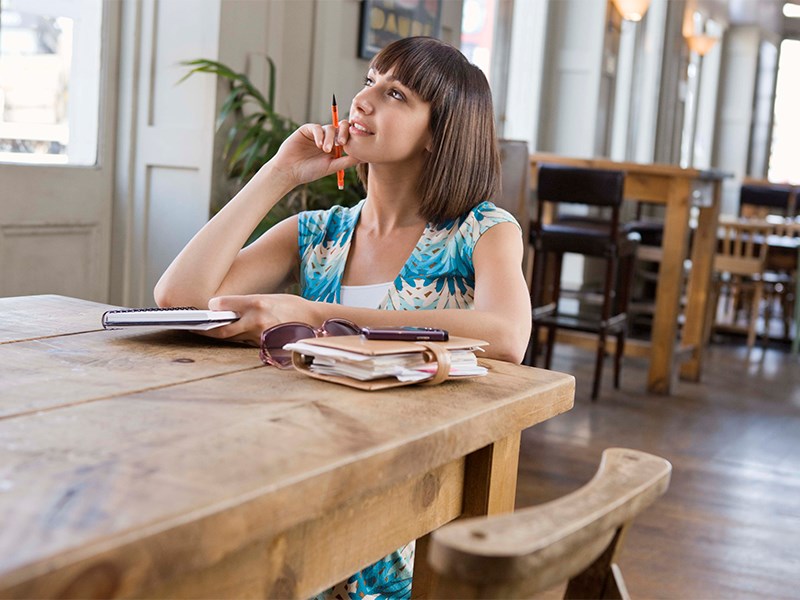Perhaps you grew up in the era of the green mantra: reduce, reuse and recycle. Somehow, in this age of consumerism, most of the focus has remained on the last of the two Rs.
While helping items find a second life by responsibly recycling them back into raw material is a great waste-reduction tool, that process misses the opportunity to ask the question: Do I even need this in the first place?
Pinterest and zero-waste blogs are popularizing the idea of reusing items creatively. Finding a second, third and fourth use for things can create a great reduction in our waste, especially when done at a large scale, as in the case of reusing building materials.
Choosing to reduce the square footage of a house in the first place, however, can go a good deal further. This is why the first R deserves more attention than it sometimes receives.
When it comes to recycling, it is easy to become a little too self-congratulatory about a full recycling bin. Recycling is not always as good as it is cracked up to be. A more accurate description of the process can be downcycling. Items are rarely recycled back into themselves, but instead are downcycled into something of lesser quality. A few simple lifestyle changes can put your recycling bin on a diet.
Here are some simple tips to put reduction back in the driver’s seat on your journey to zero waste.
1. Resist the urge to splurge; make shopping lists.
2. Search your house to make sure you do not already have the item.
3. See if you can borrow from a friend.
4. Opt out of the convenience of single-use, to-go containers. When you eat, if you forget to bring your own coffee cup or container, skip the treat or meal.
5. Similarly, refuse plastic straws and plastic cutlery. Instead, make it a habit of bringing a set of your own everywhere.
Enjoy the simplicity the first R brings.
Let’s Talk Trash is Powell River Regional District’s waste-management education program.
Did you know?
Earth Hour takes place Saturday, March 25, from 8:30-9:30 pm. Those around the world who participate are asked to turn off their lights and powered items for one hour to be conscious of the energy we use every hour, every day.



